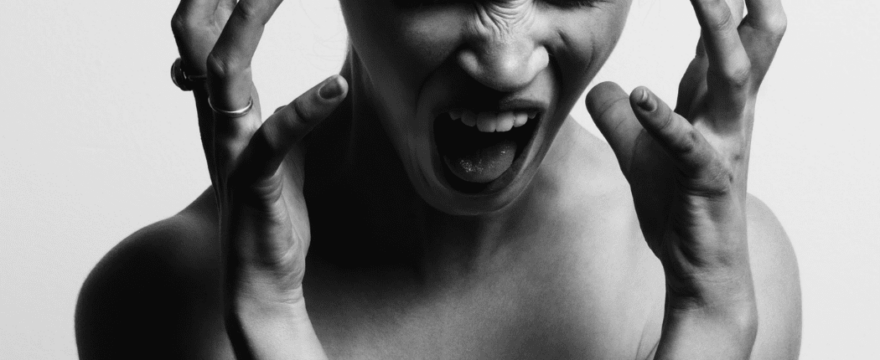Helping you manage intense emotions and protect your mental health.
Do you—or someone close to you—get overwhelmed by emotions like anger, sadness, or anxiety?
You’re not alone. Many Nigerians living in the UK face emotional struggles due to cultural pressure, isolation, or the pressure to “be strong always.” But ignoring these feelings doesn’t make them go away—it can make things worse. That’s where Dialectical Behaviour Therapy (DBT) can help.
🇳🇬 What Is DBT and Why Should You Care?
DBT is a structured therapy designed to help people manage intense emotions, build better relationships, and respond to difficult situations without self-sabotaging. It blends mindfulness (staying present) with practical coping strategies.
Unlike many therapies that simply tell you to “think positive,” DBT validates your feelings and teaches you how to respond in a healthier way. For many of us navigating life in the UK, especially when we don’t always feel seen or understood, this validation can be life-changing.
💡 Who Can Benefit from DBT?
Originally developed for borderline personality disorder, DBT has now been shown to help with:
- Depression
- PTSD
- Eating disorders
- Substance abuse
- Emotional burnout
It’s also beneficial if you:
✅ Feel emotions very deeply
✅ Struggle with anger, sadness, or fear
✅ Have conflict in relationships
✅ Want to improve emotional control
🧘🏾♀️ How Does DBT Work?
DBT teaches four main skills:
- Mindfulness – Staying present and observing your thoughts without judgement.
- Distress Tolerance – Managing pain or crisis without making things worse.
- Emotion Regulation – Recognising, naming, and handling your emotions.
- Interpersonal Effectiveness – Communicating better and setting healthy boundaries.
You typically learn these through weekly group sessions, 1:1 therapy, and real-life homework. Some providers also offer phone coaching in between sessions.
🇬🇧 Accessing DBT in the UK
DBT therapy isn’t always easy to find. NHS waiting lists can be long, and private therapy costs can be high (£60–£150 per session). But don’t give up—many local mental health charities, apps, and community services now offer DBT-informed skills training.
Look for:
- Online DBT courses
- Group therapy in your borough
- Faith-based or African/Caribbean-led mental health support groups
🗣️ One Simple DBT Technique You Can Try Today
If someone close to you is upset, don’t dismiss them with phrases like:
❌ “Calm down.”
❌ “You’re overreacting.”
❌ “Just get on with it.”
Instead, say:
✅ “You look really upset—do you want to talk?”
✅ “I’m here if you need me.”
✅ “Would some quiet time help?”
These statements validate the other person’s emotions—a key DBT principle—and open the door to support without judgement.
🧡 Final Thoughts for the Naija UK Community
Mental health isn’t a taboo—it’s health. DBT is just one powerful tool among many. If you’re feeling overwhelmed or emotionally reactive, especially with the pressures of life in the UK, don’t carry it alone. Healing starts with understanding—and DBT can help you find your balance.
🔗 Read more and explore mental health resources for Nigerians in the UK on Naija UK Connect:
👉 https://naijaukconnect.co.uk
#MentalHealthNaijaUK #BlackTherapyMatters #DBT #NaijaInDiaspora #NaijaUKConnect
Join Our WhatsApp Channel
Stay updated on the latest UK news, including education, health, job openings, and more for those living in the UK!
Join here: Naija UK Channel
Also, follow us on our social media channels for the latest updates and discussions:
- Twitter: @NaijaUKConnect
- Facebook: Naija UK Connect
- Instagram: @naijaukconnect




